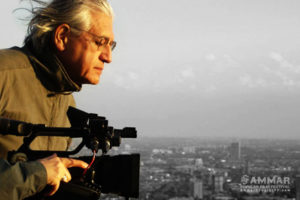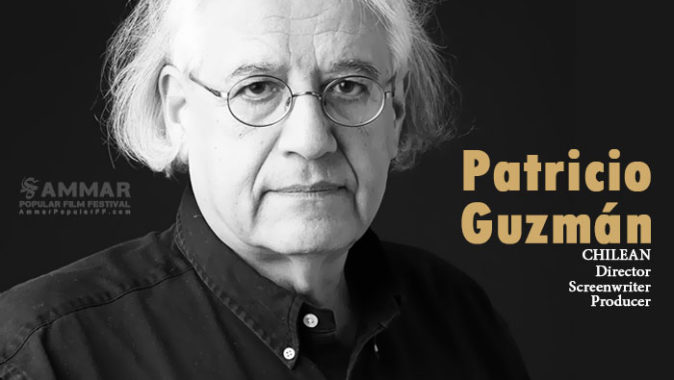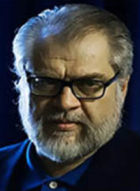TEHRAN (AIPFF) - Patricio Guzmán, Director, screenwriter, associate producer, producer, director of photography, editor, sound designer, and voiceover actor was born in 1941 in Santiago, Chile.
TEHRAN (AIPFF) – Patricio Guzmán, Director, screenwriter, associate producer, producer, director of photography, editor, sound designer, and voiceover actor was born in 1941 in Santiago, Chile.
As an adolescent, he was inspired by the documentary films of Chris Marker, Frédéric Rossif and Louis Malle. He studied at the Film Institute at the Catholic University of Chile and at the Official School of Film in Madrid, where he obtained his degree in 1970. Guzmán returned to Chile in 1971 and directed his first documentary, The First Year, which covered the first 12 months of Salvador Allende’s government. Chris Marker, who was passing through Chile at the time, saw the film and assisted in having it screened in France. Two years later, Marker again provided invaluable assistance when he donated the raw stock needed to begin filming The Battle of Chile, Guzmán’s four-hour documentary trilogy chronicling Allende’s final year. Filming lasted until the very day of the coup d’état on Sept. 11, 1973, when Guzmán and thousands of others were imprisoned in Chile’s National Stadium.

Patricio Guzmán, Chile’s master of Documentary Film Making
After gaining his freedom, Guzmán left for Europe. The Battle of Chile (1975-1979) won six grand prizes in Europe and Latin America and was shown in theaters in 35 countries. Cineaste declared it one of the 10 best political films in the world. In 1987, Guzmán madeIn God’s Name (Grand Prize, Festival dei Popoli) about the Catholic Church’s fight for human rights in Chile. The Southern Cross (1992, Grand Prize, Marseille International Festival of Documentary Film) concerned the theology of liberation and popular religion in Latin America. In 1995, Town in Stasis focused on the historical memory of a Mexican village. In 1997, Chile, Obstinate Memory looked into collective political amnesia in Chile. 1999 brought Robinson Crusoe Island about a remote Chilean island. The Pinochet Case(2001, Grand Prize, Marseille International Festival of Documentary Film) examined the international legal case brought against Pinochet. In 2002, Guzman completed Madrid, a personal look at Spain’s capital.
Recently, Guzmán made Salvador Allende (2004), an award-winning film about the Chilean president’s life. Guzmán currently chairs FIDOCS, the international documentary film festival in Santiago, Chile, that he founded in 1997. He lives in Paris with Renate Sachse, who collaborates on the scripts for his films and produced Nostalgia for the Light. His two daughters, Andrea and Camila, are also filmmakers and frequently collaborate on his projects.



